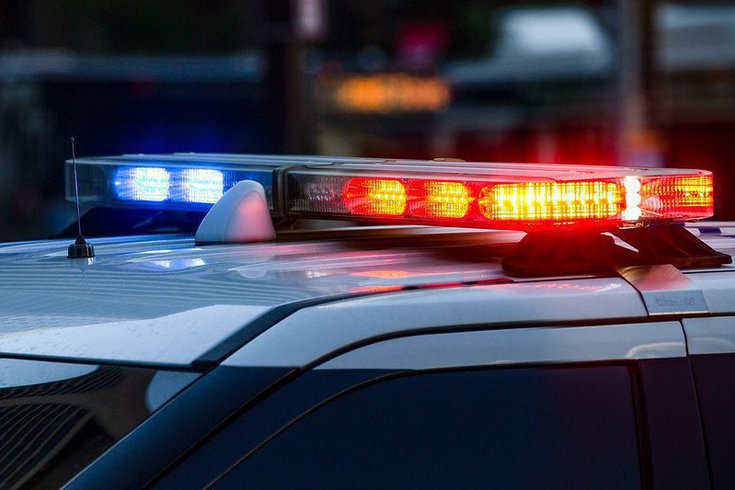
February 23, 2022
 Thom Carroll/for PhillyVoice
Thom Carroll/for PhillyVoice
The Fraternal Order of Police is filing a lawsuit to stop a new Philadelphia law that bans officers from pulling drivers over for low-level traffic offenses.
A Philadelphia law that will prevent police from stopping drivers for low-level traffic offenses, like a broken tail light, is slated to take effect next week. But the city's police union has filed a lawsuit seeking to void it.
The Fraternal Order of Police Lodge 5 claims the law illegally preempts Philadelphia drivers from existing Pennsylvania traffic laws, the Associated Press reported. The union also alleges the state's First Class City Home Rule Act, passed in 1949, prohibits the city from implementing rules that contradict state law.
The lawsuit was filed Wednesday in Common Pleas Court. It seeks a ruling on the case but doesn't include a request for an injunction that would stop the law from taking effect March 3.
The law, passed by City Council in October and enacted by Mayor Jim Kenney, prevents officers from stopping drivers solely for secondary violations, like an outdated registration, broken brake light or missed inspection. Instead, drivers would receive a warning or citation in the mail.
The law was passed alongside a companion bill that created a public database listing information about the Philadelphia Police Department's traffic stops. The primary legislation, introduced by Councilmember Isaiah Thomas, was approved by a 14-2 vote. The companion bill passed by a 15-1 vote.
Philadelphia is the largest city to ban these stops, though Virginia and smaller municipalities have enacted similar laws.
Critics say these stops are disproportionately carried out on Black and Latino people, two groups that are over-represented in the American criminal justice system.
WHYY analyzed more than 300,000 traffic stops made by the PPD between October 2018 and September 2019. Though Black people represent 42% of Philly residents, Black drivers were subjected to 72% of the city's motor vehicle stops.
Some law enforcement advocates say these stops allow officers to uncover stashes of drugs or illegal weapons. But WHYY found illegal drugs or guns were confiscated in just 1% of stops.
The Philadelphia Police Department was heavily involved in crafting the legislation and ultimately voted to support it.
"This is not stopping police officers from making legitimate public safety stops," Francis Healy, special advisor to Police Commissioner Danielle Outlaw, said last year. "If I have a reasonable suspicion or probable cause you're involved in criminal activity, I can make the stop."